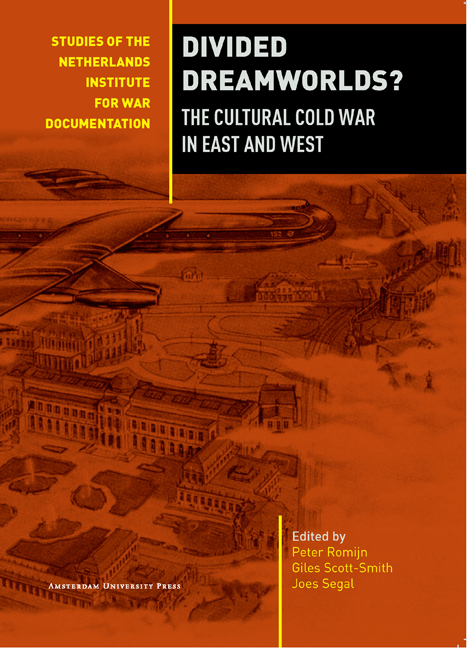Chapter 1 - An Unofficial Cultural Ambassador: — Arthur Miller and the Cultural Cold War
Published online by Cambridge University Press: 02 February 2021
Summary
Introduction
Andrew Ross remarked that the Cold War was a ‘profoundly hegemonic moment’ in American history. I have argued elsewhere that the onset of the struggle between the United States and the Soviet Union from March 1947 onwards produced an anticommunist hegemony which, in doing so, co-opted willingly the group known as the New York Intellectuals since such intellectuals were vital to its development, extension and maintenance. In contrast, in the following chapter I shall present a case study of an intellectual who attempted to resist this hegemony, Arthur Miller. In doing so, however, he was ultimately co-opted and rejected by both the United States and the Soviet Union.
Miller was explicitly unwilling to assist the anticommunist hegemony in America. While acknowledging the totalitarian nature of the Soviet regime, he did not think that America represented a better alternative. He wrote: ‘the work of art in which we really examine ourselves, or which is critical of society, is not what this government regards as good propaganda.’ ‘This attitude toward culture,’ he felt, ‘is a disservice to us all’ because it rendered the country ‘open to extremely dangerous suspicions which can spread and stain’ its whole effort. What is more, its attitudes towards culture ‘have often made it possible for Russian propaganda to raise fear of us in foreign peoples.’ Miller was not prepared, therefore, to disseminate pro-American propaganda during the Cold War. He would never ‘genuflect’ before anybody. His belief in the universality of art repelled any notion of its specific or contingent mobilisation: ‘I am making a claim for art as a communion of the human spirit and therefore by definition something [which] cannot be nationalistically confined or even used politically, for both political and national concepts are concepts of exclusion, devices for the wielding of worldly power.’
Furthermore, Miller implicitly criticised those writers, artists, poets and intellectuals who lent their services to the American effort. ‘I believe that once we assent to the idea that high policy alone is sacred, and that every other value can easily be sacrificed to it, we shall have abdicated our independence as writers and citizens.’
- Type
- Chapter
- Information
- Divided Dreamworlds?The Cultural Cold War in East and West, pp. 13 - 32Publisher: Amsterdam University PressPrint publication year: 2012



